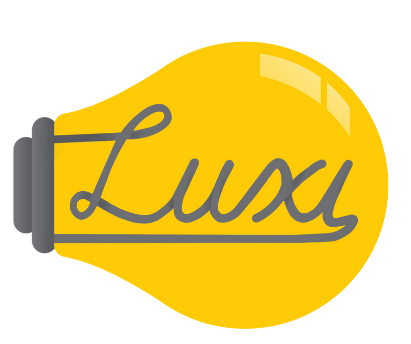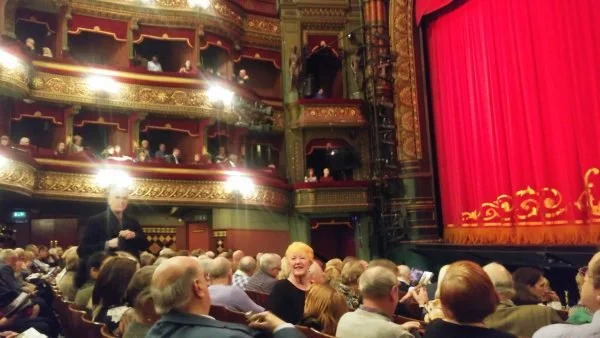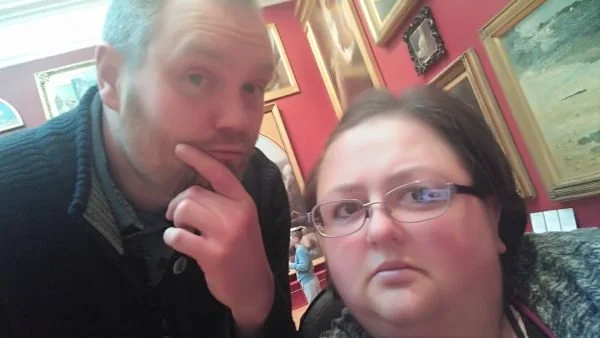Great Access is When Disability seems to Disappear, by Kerami Roberts, March 2019
Great Access is When Disability seems to Disappear… Worth Taking a Risk?
To mark Disabled Access Day 2019, (Saturday 16 March) Kerami Roberts is back with more insights into how spaces and venues can make her feel more or less disabled and help those of us running events to gain a greater understanding of how to make important tweaks that help all audiences feel equally welcome.
“Despite my body needing a wheelchair to get around now, there are many times when I’m out and about in my powered chair, happily able to get things ticked off my ‘to do’ list, feeling able to go where I want to with independence. I am in control of what I do and able to do it.
More often, as a wheelchair user with a weak upper body and chronic pain, there are times when I have to admit that I need help. I say “admit” as even after 6 years of relying on the assistance of people I don’t know, it can make me stick out and feel awkward. There are unfortunately times where even with help, aids and lots of creative thinking…. I am not able to do what I need to do. I am totally disabled by what (and sometimes who) is around me. This idea that it is my circumstances that can disable someone, rather than their own body, is known as the social model of disability. To read more CLICK HERE. l feel that accepting this this model can help us understand what is fantastic access.
At the heart of ‘Disabled Access Day’ this March is confidence. Confidence to take a risk, try something new and discover ways of breaking down the everyday barriers so that as many people as possible can join in. Those who find themselves disabled take risks and are forced to be brave everyday. A simple trip to a show becomes a complex manoeuvre:
where do I park?
Will my wheelchair fit?
Will I be able to see the person signing the show?
How do I afford to pay for tickets for me and my carer because I can’t come without them?
How do I get to the toilet?
How on earth do I come to a show if I can’t sit still in a hard chair for an hour?…
It is stressful and exhausting and often the only answer is to give up and miss out. For me, as a disabled person, to be present in an audience represents effort, lots of questions, a little pain, but most of all risk and being brave.
To really invite a diverse audience into venues, theatre must also be brave. Theatre makers and venues must also take risks and must also be asking these questions and many many more. Venues must create real conversations with the audiences they want to be present. I have found when talking to venues, shops and business owners that almost all are passionate about being accessible but are shy to ask what people need for fear of offence or getting it wrong. That’s why Disabled Access Day can be a fantastic way of starting that dialogue.
My advice to venues wanting to see more disabled people in their audiences? Use empathy but not sympathy.
Think about what barriers we might face and help us knock them down but don’t feel sorry for us (we can smell it!). Make changes to spaces if you can, use as many ways to communicate as possible, give accurate information and be tolerant if we don’t act like your average audience member but we don’t need babysitting. We understand about listed buildings and small budgets and we don’t want you to ruin a beautiful piece of architecture or the creative work of a theatre maker either. You may find that we are the experts when it comes to how to adapt your venue because our life is a constant stream of compromises and creativity. So open up ways for us to talk about it before the performance. Be honest and realistic and give plain, objective descriptions. Let us decide what we can and can’t manage. Treat us like paying customers whose trade you want… because we are!
Being more accessible can be harder work but you are widening your audience and paying customer base. Where I am able to see a show my friends and family will follow. A venue where all members of the family can relax and enjoy the show will be returned to, recommended to others and will be more successful. Very much worth the risk and effort. And the worth to that family or disabled person? When access has been done well, when it truly works, disability can disappear… and I become just another person in the audience and that normality is a rare treat.
I recently experienced amazing access while on holiday in Leeds. We went to see The Magic Flute, my favourite hilarious opera by Mozart performed by Opera North at the Leeds Grand Theatre. I enjoyed that wonderful feeling of just being a human being the same as all the other people around. The venue had put real effort into every stage of access from the first phone call, to pricing, seats, refreshments and communication. I was in less pain, I could see, hear and read well and I experienced much less anxiety and stress. Not everything during that visit was ‘perfect’ for example when you use the more accessible back entrance you miss out on the beautiful entrance way and we had no where to buy a programme. But they had taken a gamble on a new system that made such a big difference that these little tweaks were just a tiny part of a fantastic evening. Slowly I dissolved into the show I was watching until I realised I felt like me again. It was fantastic, it inspired me and I will be returning and recommending.
I am so looking forward to the next season of Jabberwocky Market events, and will be working with the team to present as much information about the spaces and communication used in the shows. Together we know that everyone’s the expert of their own needs, and we do our best to enable everyone to be comfortable and able to fully participate in events.”
For more from Kerami, see:
In Conversation about ROOM FOR MORE, chaired by Kerami
Meet Kerami, new Access Consultant blog
To view the Access Guides that Kerami helps to create, have a look at the Jabberwocky Markets venues page.
Kerami
Inside the Grand Theatre before the show
Kerami with husband Andy on holiday in Leeds
Kerami and Andy thinking




